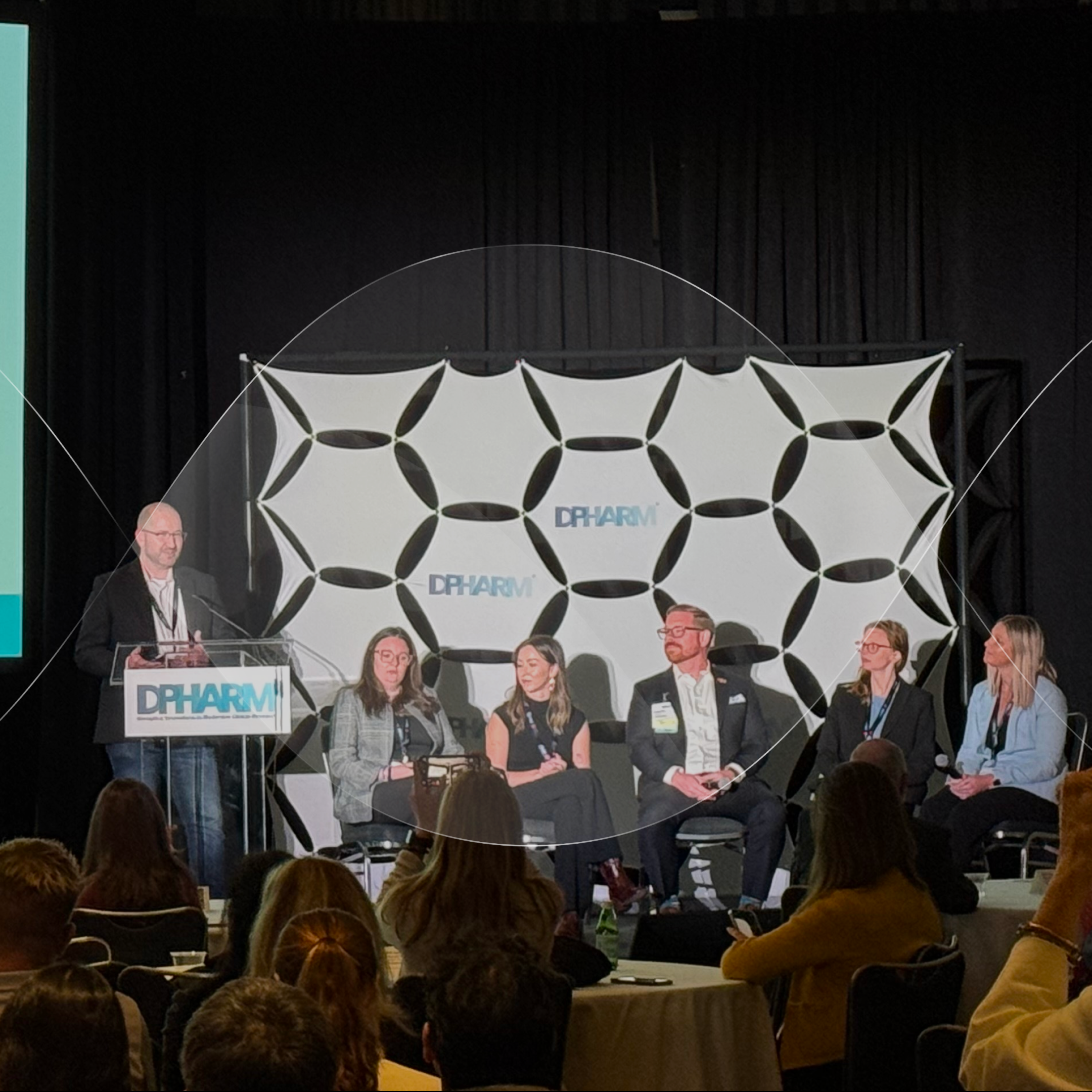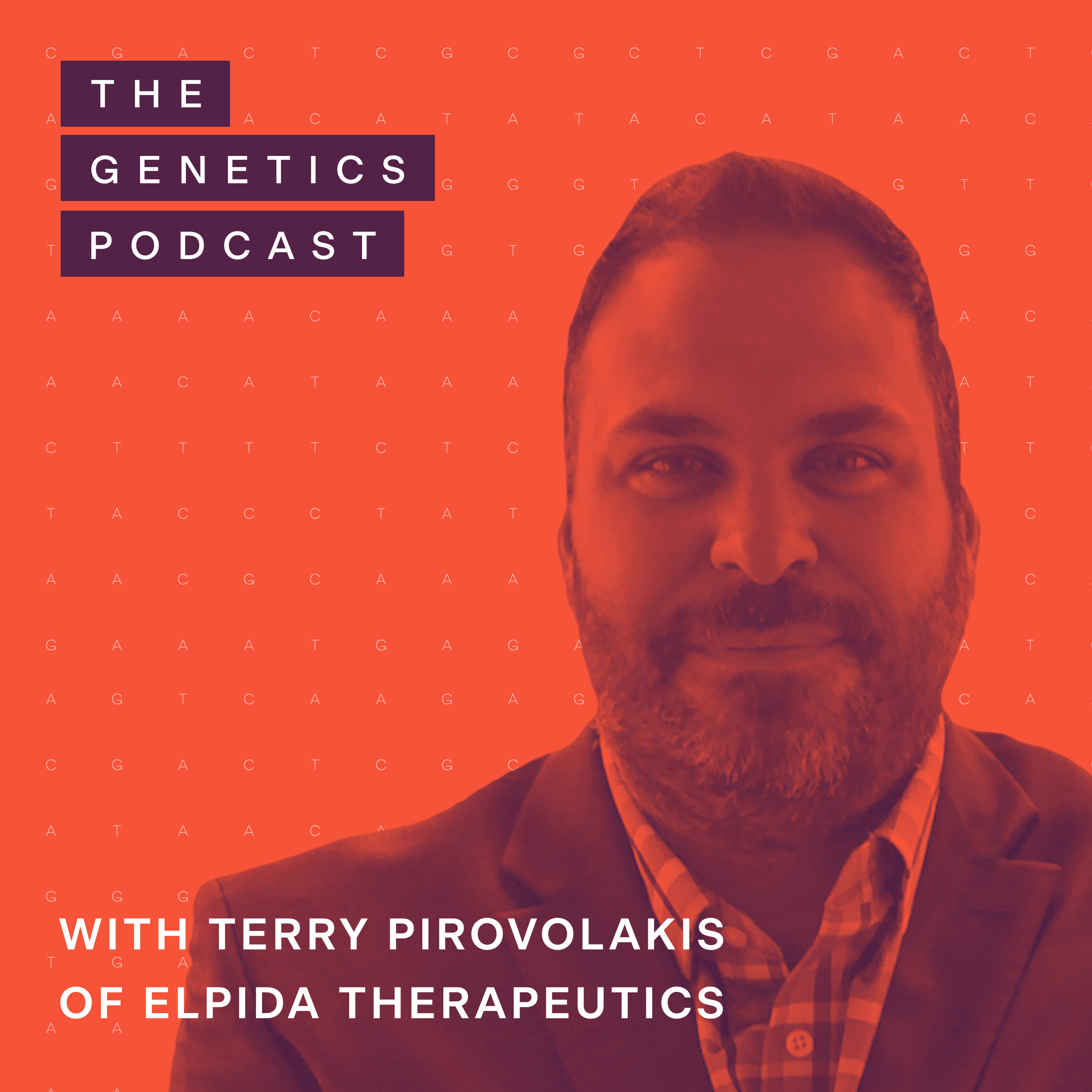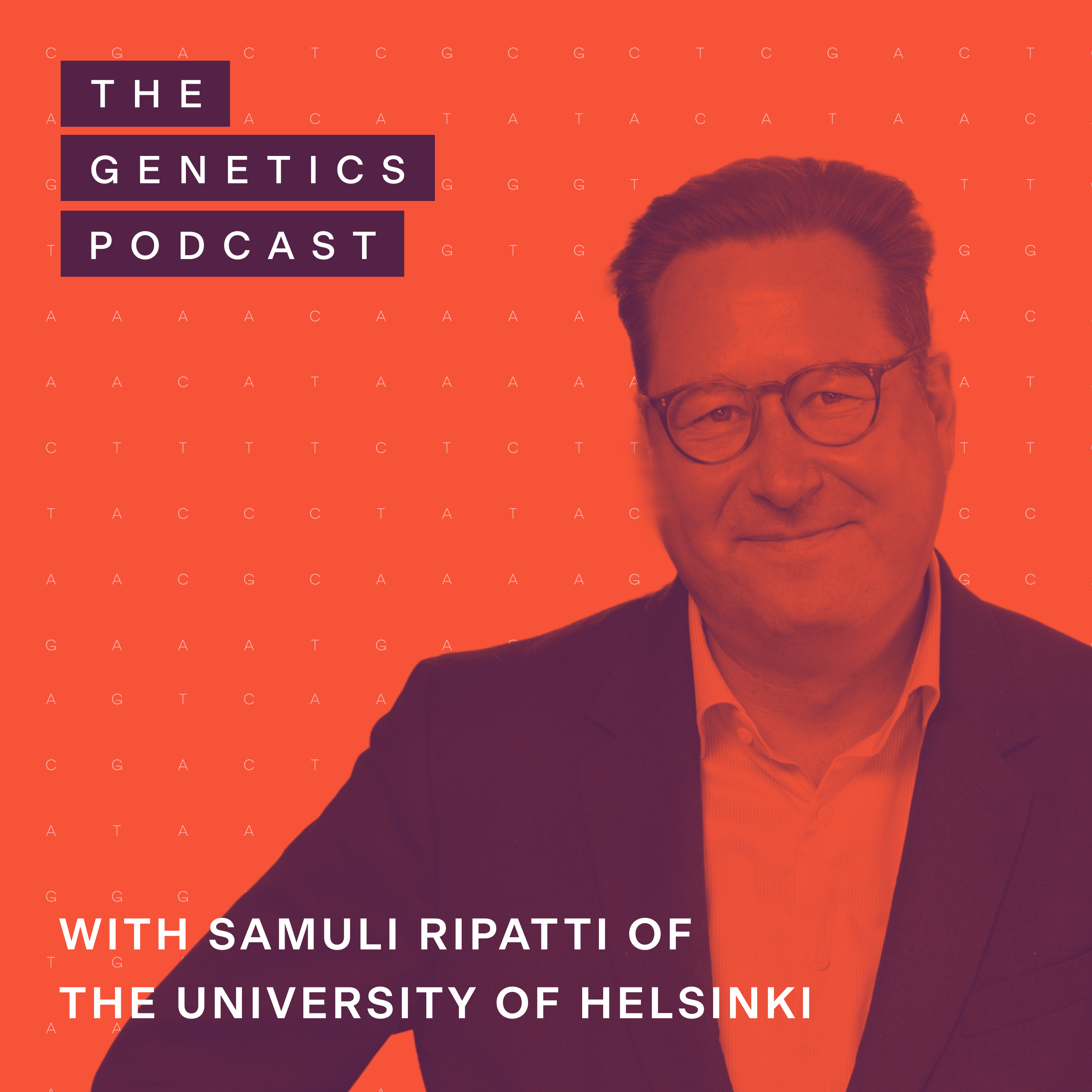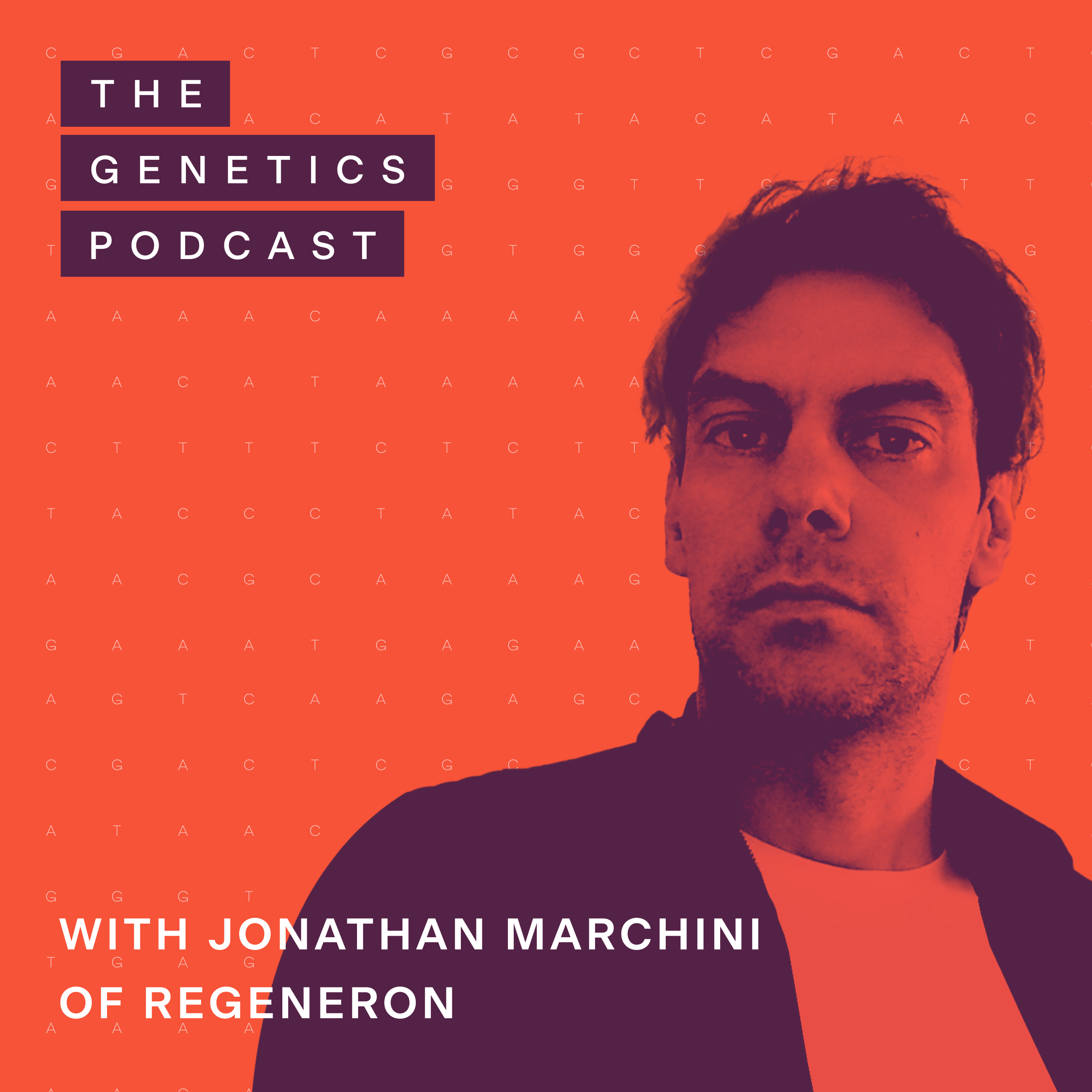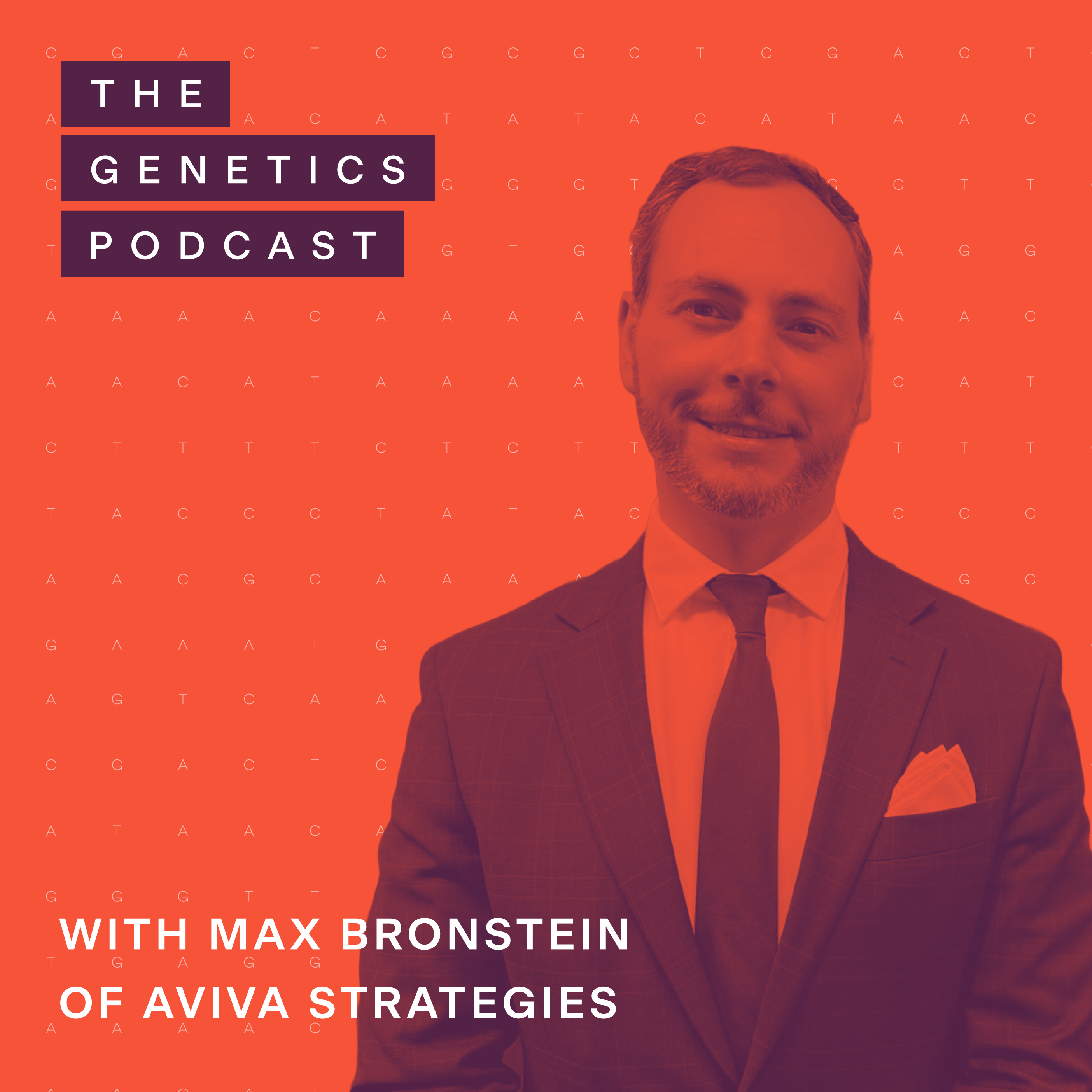Clinical research blog
Explore our blog for insights into the big questions in precision medicine and clinical research.
Rare disease trials are among the most challenging to design and execute. Patient populations are small and hard to reach, and personal and disease-related burdens make participation difficult. Overcoming these challenges requires a combination of thoughtful trial design and compassion for patients and families who agree to participate in trials.
In last week’s episode of The Genetics Podcast, Patrick Short sat down with Wanda Smith, founder of CureGRN and long-time advocate for families affected by progranulin-related frontotemporal dementia (FTD). Wanda has spent decades helping brain and plasma banks, connecting with scientists, and helping families. In this blog, we cover how Wanda became involved with FTD and the impact of her work.
At this year’s DPHARM conference, Sano’s VP of Commercial, Ben Jackson, joined a panel on clinical trial patient matching moderated by a clinical expert from Novartis. Panelists included representatives from sponsors like BMS and Merck, vendors like Tempus, and research sites too – all sharing perspectives on one of the industry’s most pressing challenges: how to effectively match patients to trials while building trust across the ecosystem. In this blog, we highlight some key takeaways from the discussion.
On the most recent episode of The Genetics Podcast, we hosted Terry Pirovolakis, founder and CEO of Elpida Therapeutics. Terry’s journey began the day his young son Michael was diagnosed with SPG50, an ultra-rare disease with no available treatments. Faced with a devastating prognosis, Terry raised millions, learned about science and biotech, and built a team to create a gene therapy – all in under 3 years.
At Sano, our mission is to accelerate precision medicine research through technology, making it easier for sponsors to run trials efficiently and effectively. Each quarter, we highlight the innovations that bring us closer to that goal. In this 2025 Q3 Product Spotlight, our Senior Product Manager walks through the latest updates designed to make research more efficient, scalable, and participant-centric.
Natural history studies are central to rare disease research. Rare diseases are defined as conditions that affect less than 1 in 200,000 people in the US or less than 1 in 2,000 people in Europe. With small patient populations that can be hard to reach, traditional clinical trial models are insufficient for rare disease drug development.
On the most recent episode of The Genetics Podcast, Patrick speaks with Samuli Ripatti, director of the Institute for Molecular Medicine Finland (FIMM) and professor of biometry at the University of Helsinki. His research has focused on using large biobanks, particularly FinnGen, to understand cardiovascular disease and other common conditions.
On the latest episode of The Genetics Podcast, Patrick sat down with Jonathan Marchini, Head of Statistical Genetics & Machine Learning at the Regeneron Genetics Center (RGC). Before joining Regeneron, Jonathan spent two decades at the University of Oxford, helping shape the tools and collaborations behind the HapMap, 1000 Genomes, UK Biobank, and more. This conversation traces his path from teaching math in rural Tanzania to building large-scale methods that power today’s drug discovery.
On the latest episode of The Genetics Podcast, Patrick speaks with Max Bronstein, founder and CEO of Aviva Strategies, a health policy firm dedicated to supporting biotech and pharma companies in rare, ultra-rare, and precision medicine. With two decades of experience, Max has had a front-row seat to how public policy shapes the future of therapeutic development. The conversation covers the rapid shifts in Washington, the challenges at the FDA, and the opportunities to reimagine how we develop and deliver treatments for rare diseases.
Genetic medicines have been advancing at an extraordinary pace. Following the first wave of adeno-associated virus (AAV)–based gene therapies, the toolbox for gene therapy has expanded considerably. New therapeutic modalities like RNA medicines and CRISPR are unlocking even more doors. Together, these next-generation tools hold promise for a future where treatments can be tailored not only to rare disease populations but also to individual patients.



